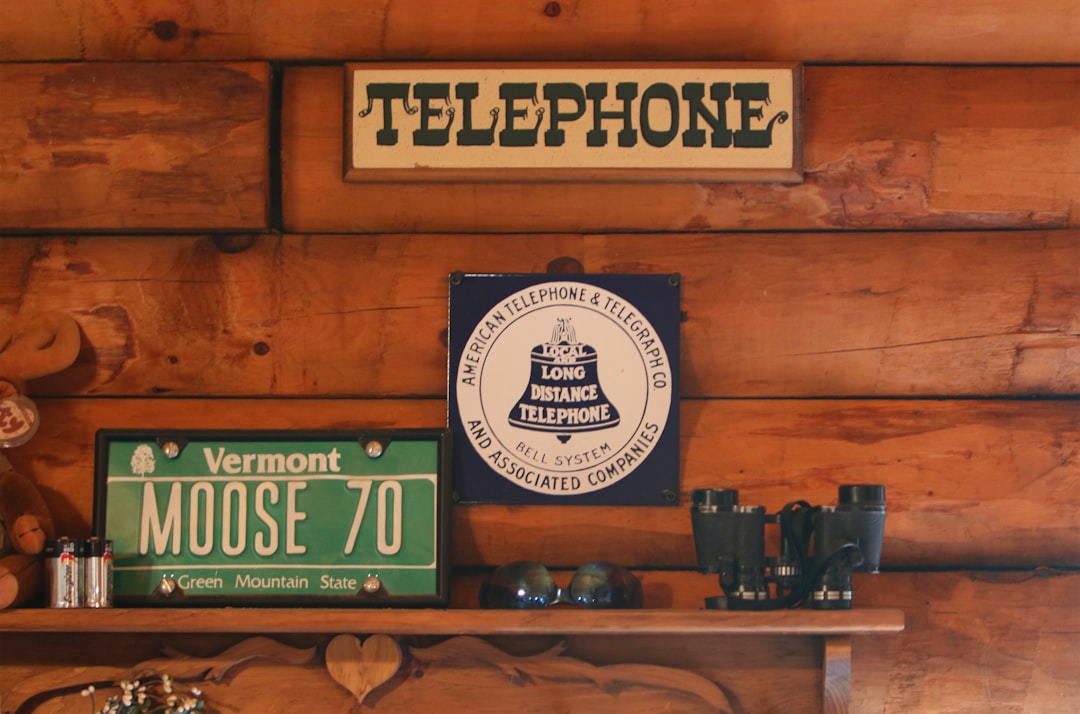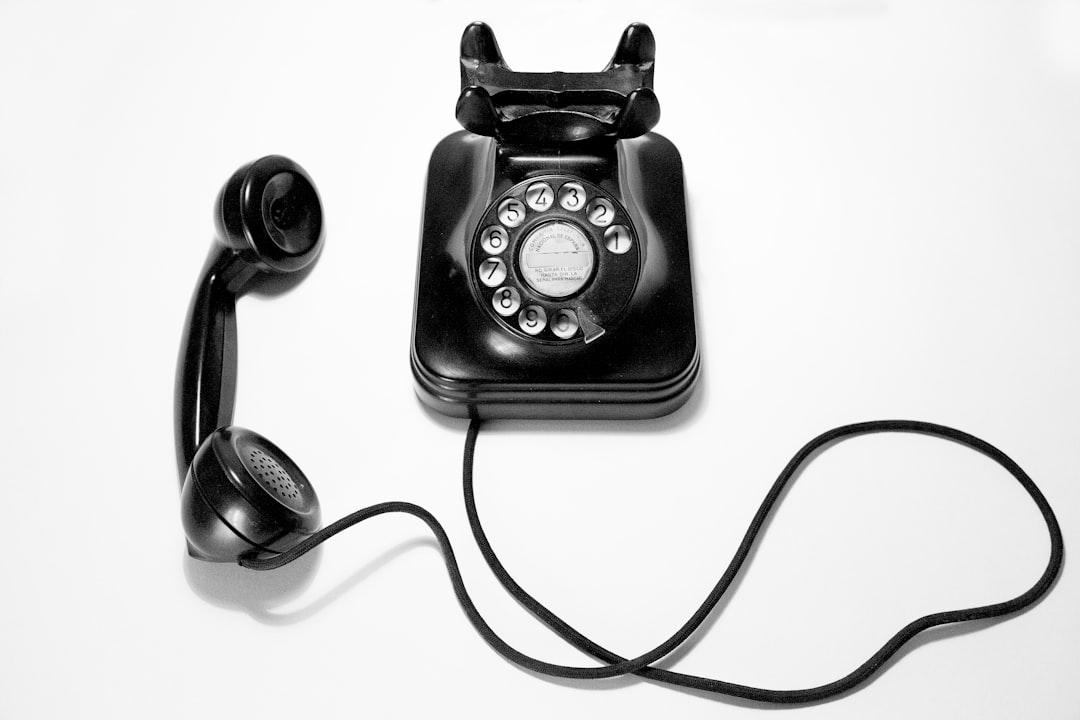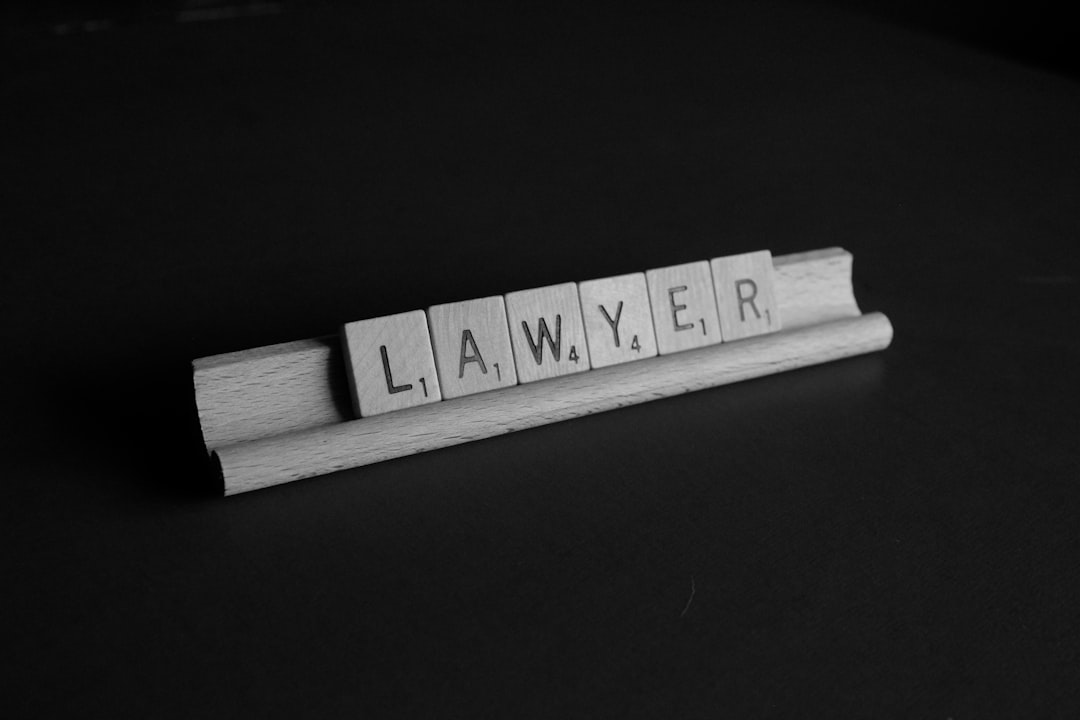Utah's diverse time zones create unique challenges in combating spam calls, varying call volumes throughout the day. Despite a robust legal framework led by the Telemarketing Sales Rule (TSR) and state-specific laws, spam calls remain pervasive. Specialized spam call lawyers and attorneys in Utah offer guidance and legal recourse, while spam call law firms provide blocking assistance and complaint filing services. By leveraging federal and state regulations, these professionals help Utah residents protect themselves from spam calls across multiple time zones.
Utah faces a unique challenge in combating spam calls due to its vast time zone difference and high population growth. With residents across multiple time zones, the state has implemented various laws and strategies to tackle this issue. This article explores Utah’s legal framework against spam calls, including relevant anti-spam laws, and provides practical tips for residents to protect themselves from unwanted phone interruptions. Discover how a spam call lawyer in Utah can help navigate these regulations and offer solutions with top spam call attorneys and law firms.
Understanding Utah's Unique Challenge in Combating Spam Calls
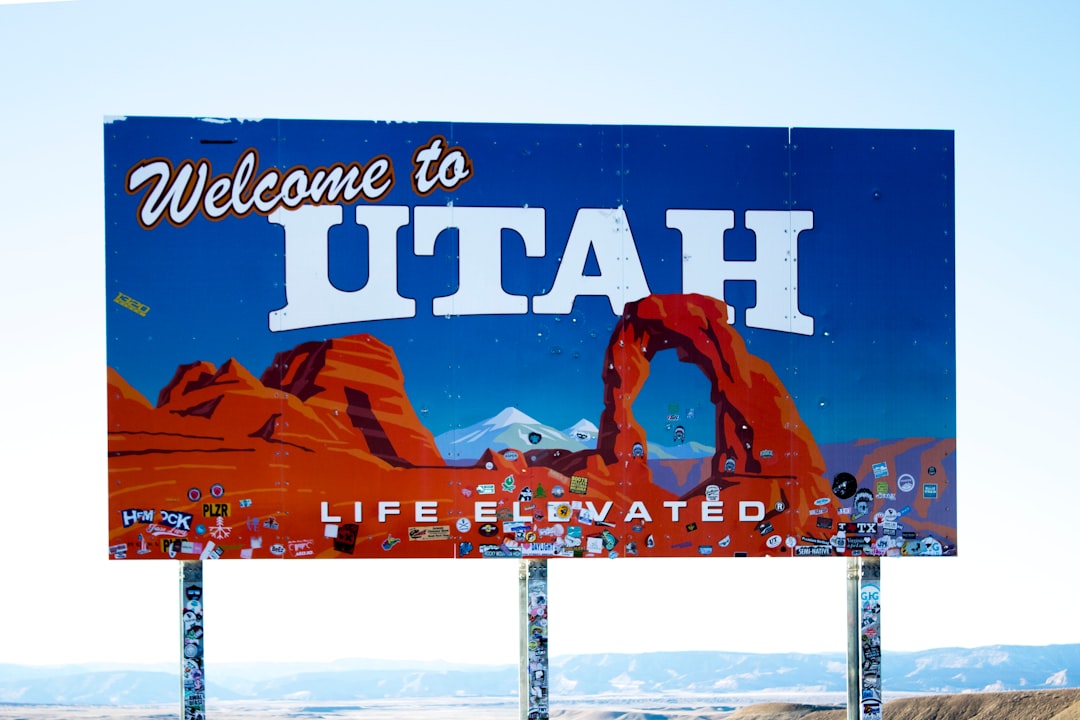
Utah faces a unique challenge when it comes to combating spam calls due to its vast time zone differences. With multiple time zones across the state, including Mountain Standard Time (MST) and Pacific Standard Time (PST), residents experience varying call volumes at different times of day. This presents a complex problem for law enforcement and legal professionals aiming to combat spam callers.
Many spam call lawyers Utah and spam call attorneys Utah operate within these time zones, making it difficult to keep up with the constant influx of harassing calls. Spam call law firms Utah must adapt their strategies to effectively navigate this challenge. By understanding the time-based dynamics, a lawyer for spam call Utah can develop targeted approaches, ensuring that residents receive adequate protection across all zones, and fostering a more comprehensive solution to this pervasive issue.
Legal Framework: Anti-Spam Laws and Their Application in Utah
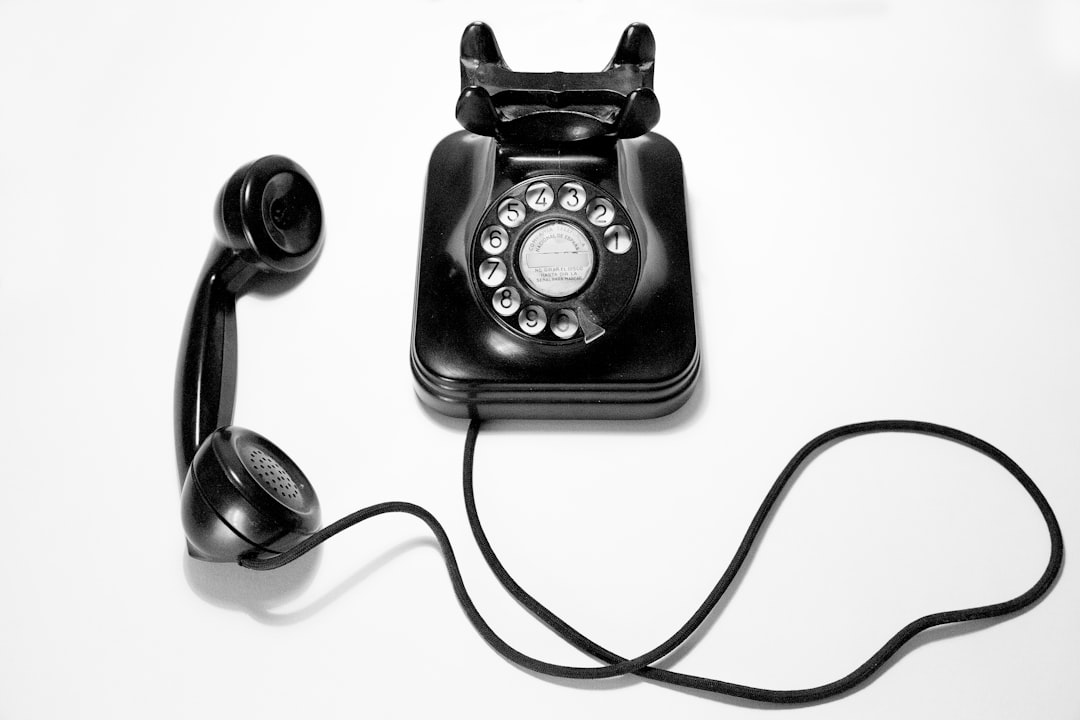
Utah has established a robust legal framework to combat spam calls, reflecting the state’s commitment to protecting its residents from unwanted and harassing telephone communications. The Telemarketing Sales Rule (TSR), enforced by the Federal Trade Commission (FTC), sets guidelines for telemarketers across the nation, including Utah. This rule prohibits abusive practices such as making calls using automated dialing systems or prerecorded messages without prior express consent from consumers.
Utah further strengthens its anti-spam measures with state-specific laws that mirror federal regulations. A spam call lawyer or spam call attorney in Utah can guide individuals and businesses on navigating these legal requirements. Spam call law firms in the state offer specialized services to help residents block unwanted calls, file complaints, and seek legal recourse when necessary. By combining federal and state regulations, Utah ensures a comprehensive approach to curbing spam calls across multiple time zones, providing residents with greater peace of mind.
Strategies and Resources for Utah Residents to Combat Spam Calls Effectively
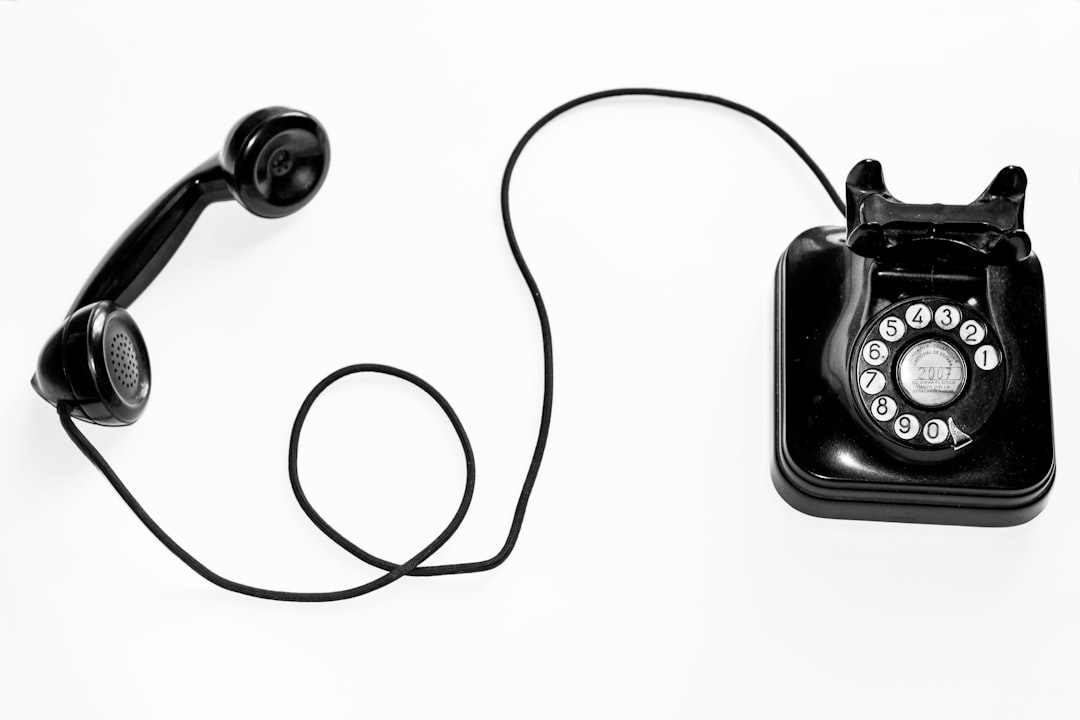
Utah residents now have access to various strategies and resources to combat spam calls effectively, especially with the state’s dedicated efforts to protect consumers. One powerful tool is to report unwanted calls to the Federal Communications Commission (FCC). This federal agency has established guidelines and regulations to curb spam calls, and reporting such incidents can help identify and penalize offending parties.
Additionally, hiring a spam call lawyer Utah or consulting with a reputable spam call law firm Utah can offer expert guidance and legal assistance. These professionals are well-versed in the state’s anti-spam laws and can provide tailored solutions to block and prevent future spam calls. Many spam call attorneys Utah operate within a network of resources, ensuring residents have access to the latest tools and technologies to combat this growing problem across multiple time zones.

